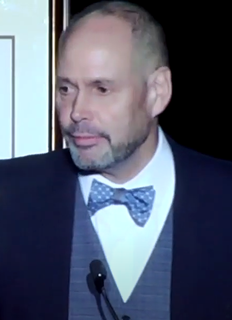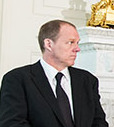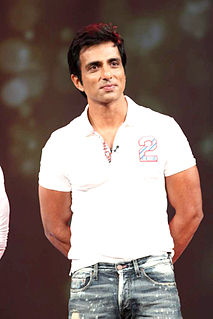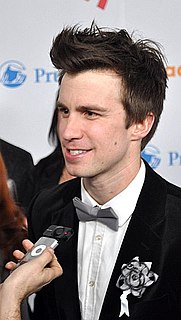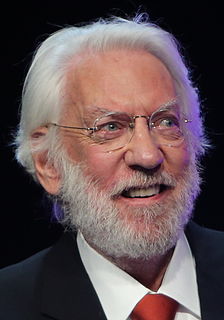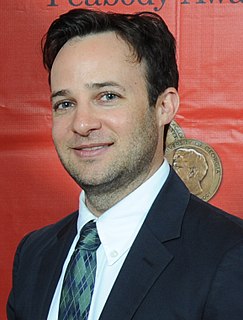A Quote by Curtis Hanson
I had written the script a few years earlier for Paramount, then later got hired with Sam [Fuller] to write an entirely new script that he was going to direct. And that was one of the great thrills of my professional life.
Related Quotes
Roger [Corman] didn't actually hire me, though. I was hired by AIP [American International Pictures], the studio that made the picture, which was Sam Arkoff and Jim Nicholson. It was a great learning experience for me, because not only did I work on the script, but they hired me back to go on location when they were making the movie, to write new scenes and so forth.
I was really proud to be in that show. I will never forget. I got the script to 'Millie,' and I'm flipping through the script and saying, 'Boy, I have some lines... I have a big song.' I was 25 years old and had never been on Broadway before. I got to the end of the script, and I was really nervous and excited. I realized I had a lot to do.
We see only the script and not the paper on which the script is written. The paper is there, whether the script is on it or not. To those who look upon the script as real, you have to say that it is unreal - an illusion - since it rests upon the paper. The wise person looks upon both paper and script as one.
I'm running out of time, and a Western is America's answer to a Greek tragedy, so that's what we did. [Kiefer] hired Brad [Mirman] to write the script and he had the ideas, and then he and I did stuff on the script to make it a little cleaner to ourselves. And then, we played it. We were just actors working together, and our DNA must have informed it somehow. Certainly, we came out of it purified a little bit.
All directors make films in individual ways. But the classical kind of view of filmmaking is that you have a script, and it's very linear. There's a script, then you're going to shoot the script ,and then you cut that, and then that's the end of the film. And that's never really been how I've seen it.
I started writing when I was 26, so I don't even know what year that was. I wrote a script for me to star in. A friend of mine, who was an actor that I would compete against a lot, had written a script and was taking all these meetings. He just kept pushing me and was like, "You got to do it. You're going to love it!" He's a very successful screenwriter now. His name is Michael Bacall and he wrote 21 Jump Street, Project X, and Scott Pilgrim vs. the World. So it was a few factors.
The way I pick movies is, first, if the script is any good. Then, if the script is good, who else is in it, the director, the producer, all that. If you have all that, there's a chance the movie will be great. If the script isn't right, or the director or cast isn't right, you've got no shot in hell.

